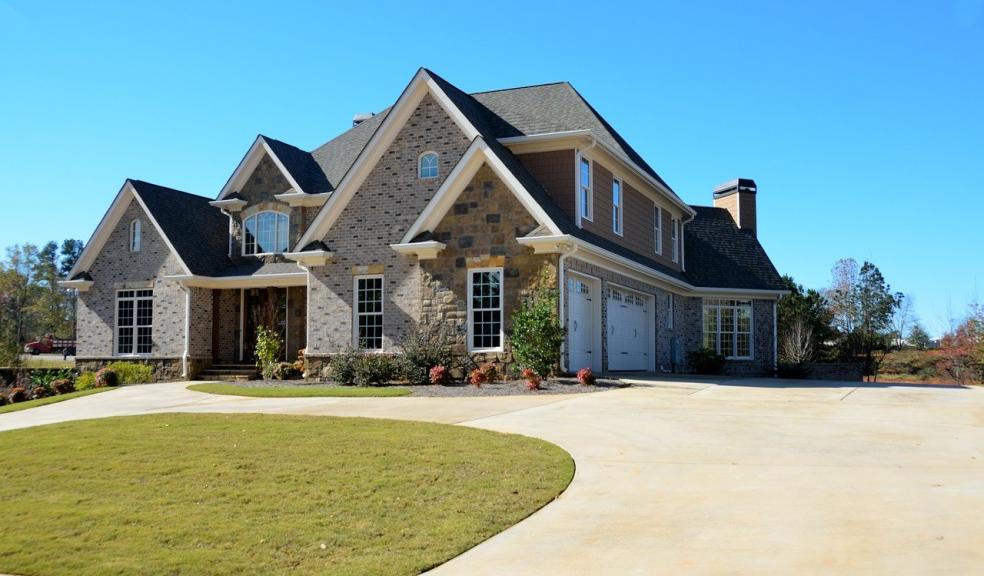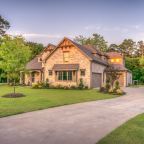
The COVID-19 Pandemic Impact on the UK Second Home Market
With economic indicators in the UK heading south, it’s not surprising that the real estate sector is taking a beating. The second-home market, in particular, is encountering some issues. However, it’s not the kind of real estate problem many may have in mind in the context of the spread of the coronavirus pandemic across the UK.
No real estate bubble
At least in the next few years, analysts don’t see a bursting property bubble in the UK’s second-home market. The uncertainties brought about by the virus outbreak don’t seem to have significant direct effects on second-homes.
Over the past ten years, property prices have been in an upward trend. In the town of Salcombe in Devon for example, prices increased by 33%. The rise in home prices was even higher, at 52%, in the town of Chipping Norton. Meanwhile, in the fishing village of Padstow, prices rose by around 29%. These details are based on data from Hamptons International.
Second-home owners don’t spend a lot of time in their secondary residences. Many offer them for lease or some other arrangement so they can generate income. There are many large houses to rent in Devon, for example, which shows the relatively healthy state of the market. Owners are not keen on selling these properties even with the ongoing health scare.
There’s no guarantee that property prices will not drop as the pandemic’s effects worsen. However, analysts are not seeing the adverse consequences for now, especially in towns and cities that have not been as severely hit as the rest of the UK.
Bitter feelings
Interestingly, the problem that is threatening second-homes in the UK is not the possibility of a bursting bubble. The more serious and immediate concern turns out to be the animosity of locals to second-home owners.
There appears to be a fractious relationship between longtime residents and second-home owners. The former are blaming the latter for pushing up the prices of homes in their villages. Also, residents are claiming that second-homers are creating an allegedly disadvantageous reliance of their communities on tourism.
As mentioned, secondary residences are typically rented out by their owners to holiday makers or tourists. This helps stimulate local commercial activity, but some locals don’t appreciate it.
Additionally, there are accusations that second-home owners have been abusing local laws that allow them to avoid paying taxes and receive grants from the government. Accordingly, some rent out their second homes for more than four months a year so they can legally evade the payment of council obligations. Also, this scheme supposedly makes them eligible for an emergency small business grant fund of up to £10,000.
Locals complain that “non-residents” are exploiting the legal loophole. They are allegedly depriving the real target beneficiaries of small business grants (released in response to the COVID-19 crisis).
In summary, the pandemic has not wreaked havoc on the UK home market yet. The immediate issues are mostly about the bad blood between residents in villages or town and the “strangers” who buy second-homes therein.













